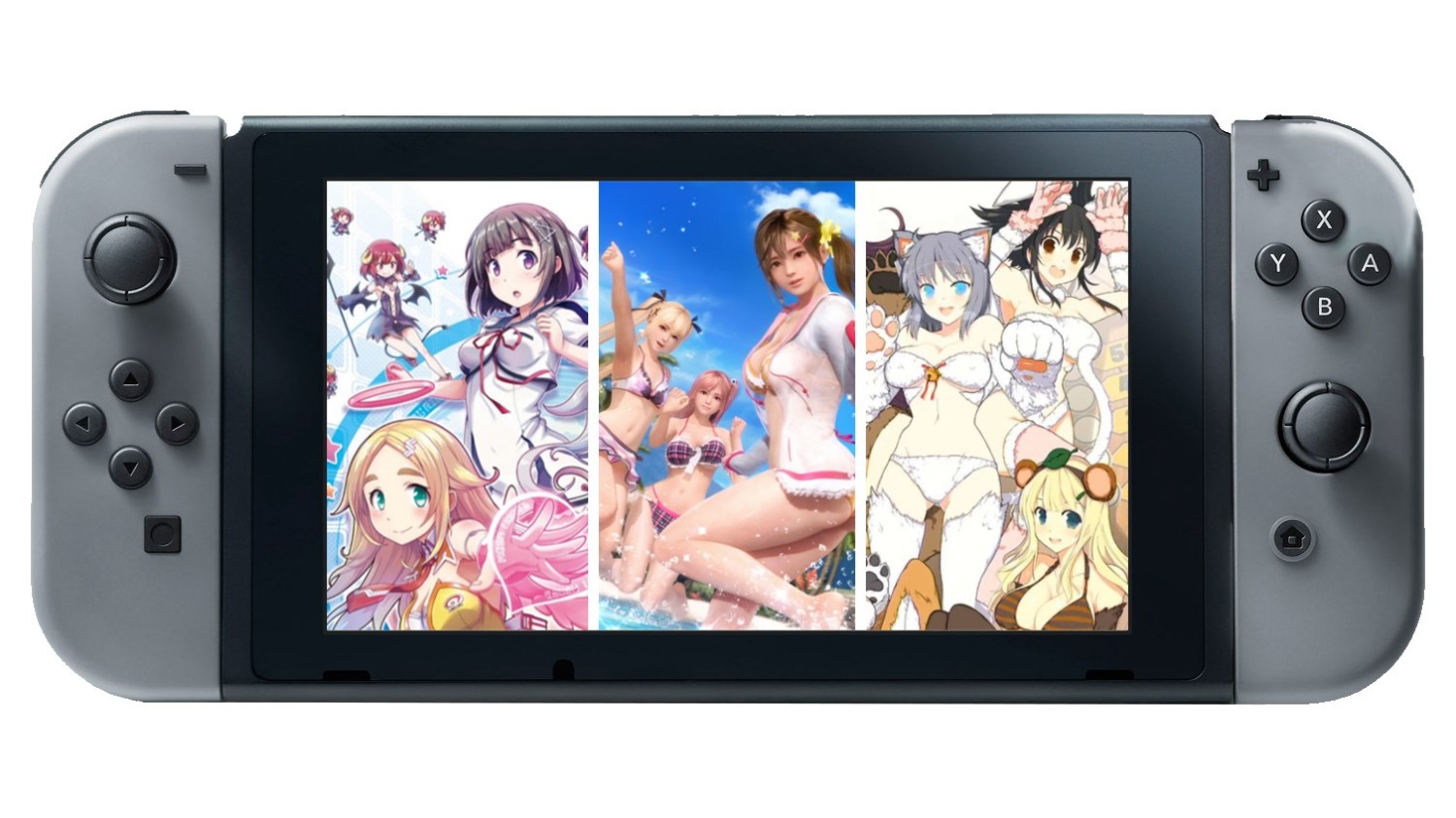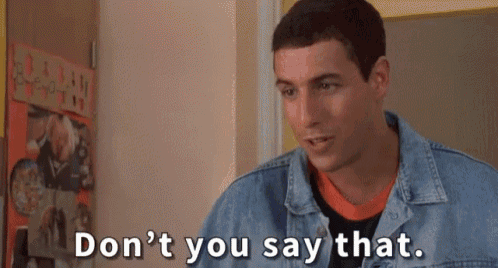[Introduction]
On February 16 this year, the United Nations Committee on the Elimination of Discrimination against Women held a deliberation on the topic of women's rights in Japan. This deliberation included a proposal that sales of video games and manga depicting sexual violence be banned. We would like to present a memorandum on this proposal. (While the English text speaks of "videos", this is translated from a word that means "video games" in the original Japanese text (ow.ly/YaCbm). Therefore, we assume that "videos" means "video games".)
[Summary]
We strongly support strengthening the protection of women's rights in Japan. However, we also want to ensure that any measures in support of this goal are taken only after careful consideration of their actual usefulness.
Would a prohibition of the sale of video games and manga that depict sexual violence help bring about more respect for women's rights in Japan? Our answer to this question is a resounding "No".
[Reasons behind our opinion]
[Reason 1]
Fictional sexual violence in manga and video games does not actually violate people's human rights, so prohibiting these media in order to preserve women's rights would be meaningless.
[Reason 2]
In Japan, the creative space of manga in particular is a space that women have built for themselves, and where they play a very active role. A ban on the sale of manga depicting sexual violence would only end up aggravating the genderbased discrimination that women face in Japan.
[More information about reasons]
[About reason 1]
We must make all efforts to protect and support real, living rape survivors who have been forced into sexual acts without their consent. We must make all efforts to deal with sexual violence as the grave human rights violation that it is. However, sexual violence inflicted on fictional beings in manga and video games simply does not cause direct harm to actual people. We must focus on tackling actual, real violations of the human rights of real, flesh and blood women.
[About reason 2]
In Japan, the creative space of manga in particular is a space that women have built for themselves, and where they play a very active role.
As far back as the 1970s, Japan has had magazines for girls' manga that nurtured one female cartoonist after the other. Even before the Equal Employment Opportunity Act was enacted in 1986, girls' manga were already a wellestablished space for female creativity. The stories in these manga for women very often focused on love, as well as sex and sexuality.
Our country's countless manga for women also include works that recount the history of women's exploitation. One example is Fumiko Sone's "Cliff Parents". This work, based on historical events, tells the survival story of a girl whose poverty leads to her being sold by human traffickers into the Makunishi redlight
district of Muroran, Hokkaido.
Reading this kind of manga gives modernday people a way to imagine the great pain these women experienced. If any wholesale ban on the sale of manga depicting sexual violence were enacted, however, readers would be robbed of this opportunity. The work contains scenes of sexual violence, after all, so it would be forced to go out of print entirely.
Many other manga by women would have to go out of print if a ban on depictions of sexual violence were to become a reality. Keiko Takemiya's "Song of Wind and Trees" and Akimi Yoshida's "BANANA FISH" are only a few famous examples. (It should be noted that some of these works show sexual violence against men. However, sexual violence is not a problem that is limited to women, and should not be associated solely with women's rights.)
If a ban on depictions of sexual violence were to become a reality, publishers would be forced to stop distribution of a large number of works. The result would be a narrowing, or even outright destruction, of the creative space of manga that women have worked so hard to cultivate and make their own. Manga readers, on the other hand, would lose the opportunity to learn about the history of the sexual exploitation of women. Doing such targeted violence to manga, our country's foremost space for female creativity, would harm not only female cartoonists, but also female manga enthusiasts and other female creatives whose work relies on manga. Enforcing these kinds of restrictions would be an act of discrimination against Japanese women.
We do acknowledge that manga depicting sexual violence cause great discomfort to some people. However, the decision to outright prohibit the distribution of a particular kind of speech should never be based solely on people's feelings of discomfort, or their moral judgments.
Feelings of comfort or discomfort, or moral judgments, vary greatly from person to person, from region to region, from culture to culture, and from society to society. There is no guarantee whatsoever that society A will have the exact same moral values as society B. It follows that when one society elevates its values above those of all other societies, conflict will be the result.
If our goal is to make our society function in a harmonious way, then we should strive to ensure that people are not forcibly confronted with material that they find deeply offensive. That is something that can be accomplished simply by making sure that offensive materials are not made accessible in places where anyone could accidentally stumble across them. There is absolutely no need to enforce censorship of an entire genre of content, let alone to enshrine that censorship in law or even outright forbid people to create manga that some might find distasteful.
CONCLUSION
As we said, the goal of protecting women's rights is a laudable one. However, a prohibition on the sale of video games or manga depicting sexual violence would not be an appropriate way to reach that goal.
Perhaps cracking down on fictional sexual violence makes many people feel that at least something is being done. However, while we are busy debating the human rights of fictional characters, nothing is being done to protect the human rights of actual, living women.
Japanese manga are a brilliantly diverse medium, enough to include many works about sexual exploitation. The reason for this diversity is that manga have always been characterized by an extreme openmindedness
towards any kind of expression. This openmindedness could endure because we believe that this world is a maelstrom of people, of life and death, and of good and evil and that manga artists should be free to explore that complexity.
Manga creation is a space where Japanese women have labored to carve out their own place, and where women's expression flourishes. We strongly believe that protecting women's rights means fighting to keep that space from being destroyed, so that we can leave it to the next generation.

 nintendosoup.com
nintendosoup.com







